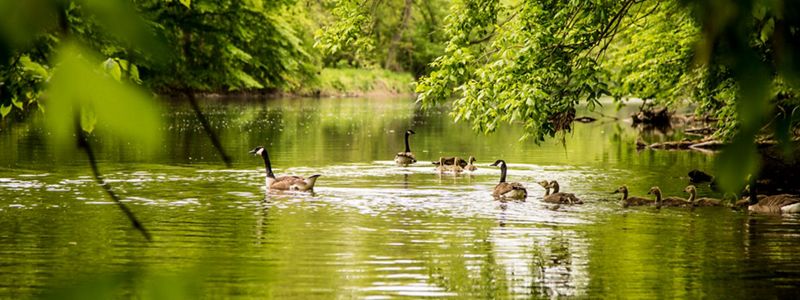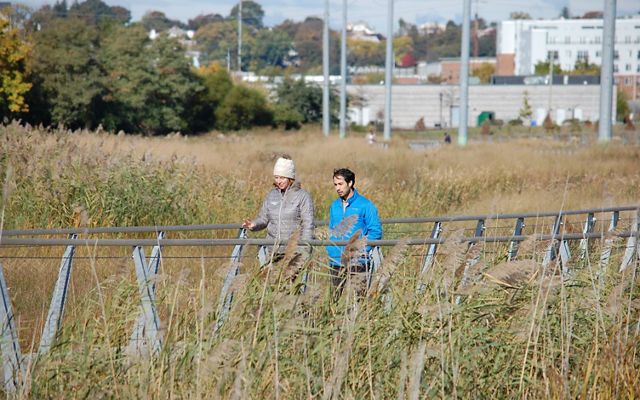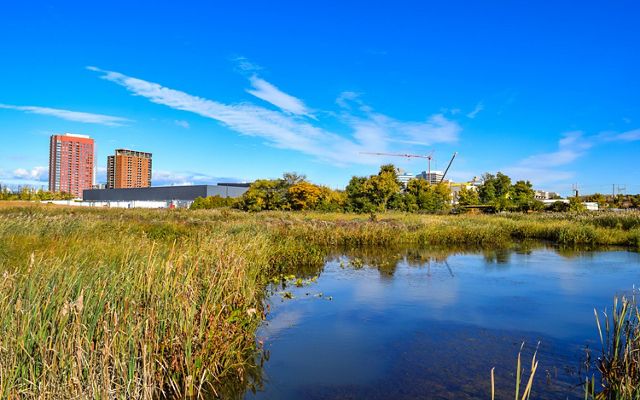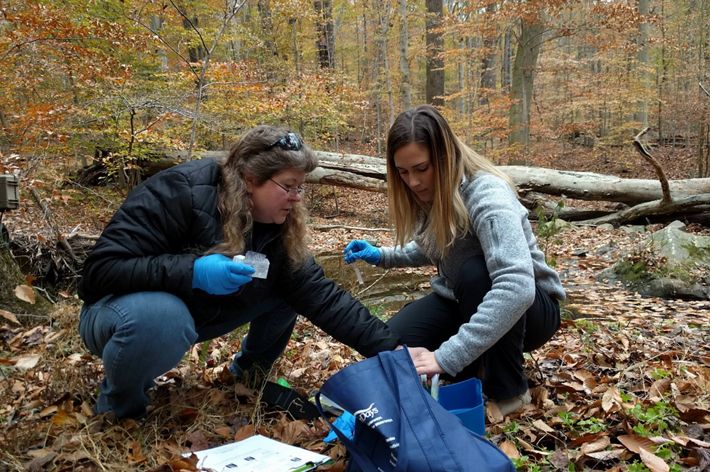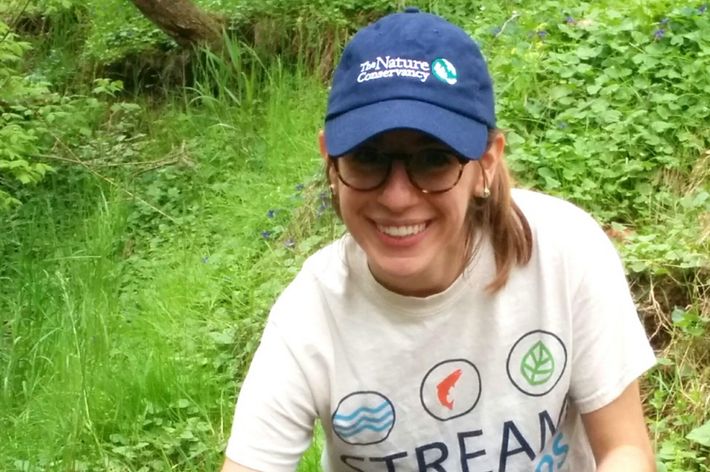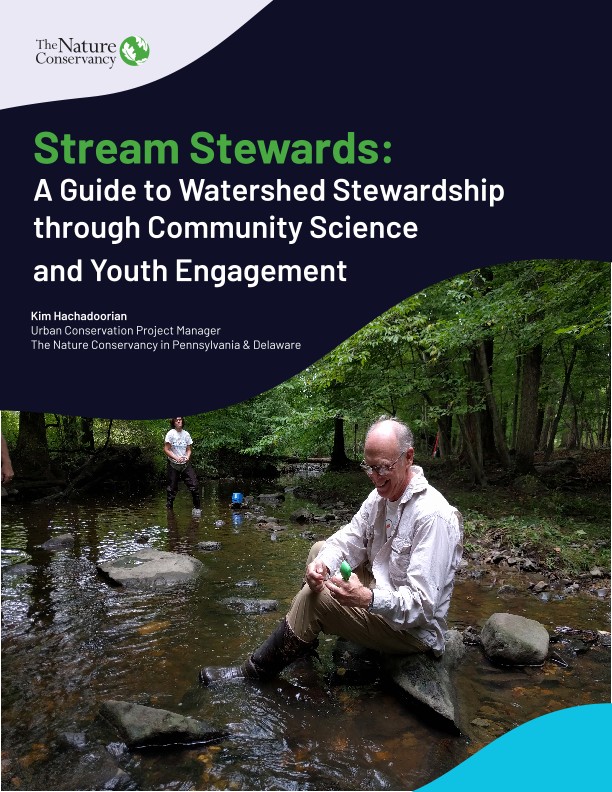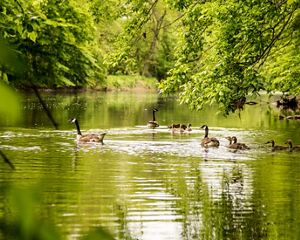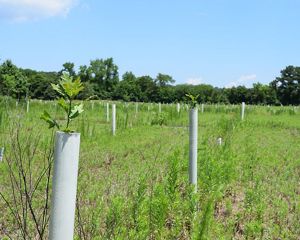Urban Conservation
Using nature-based solutions to help people and nature thrive together.
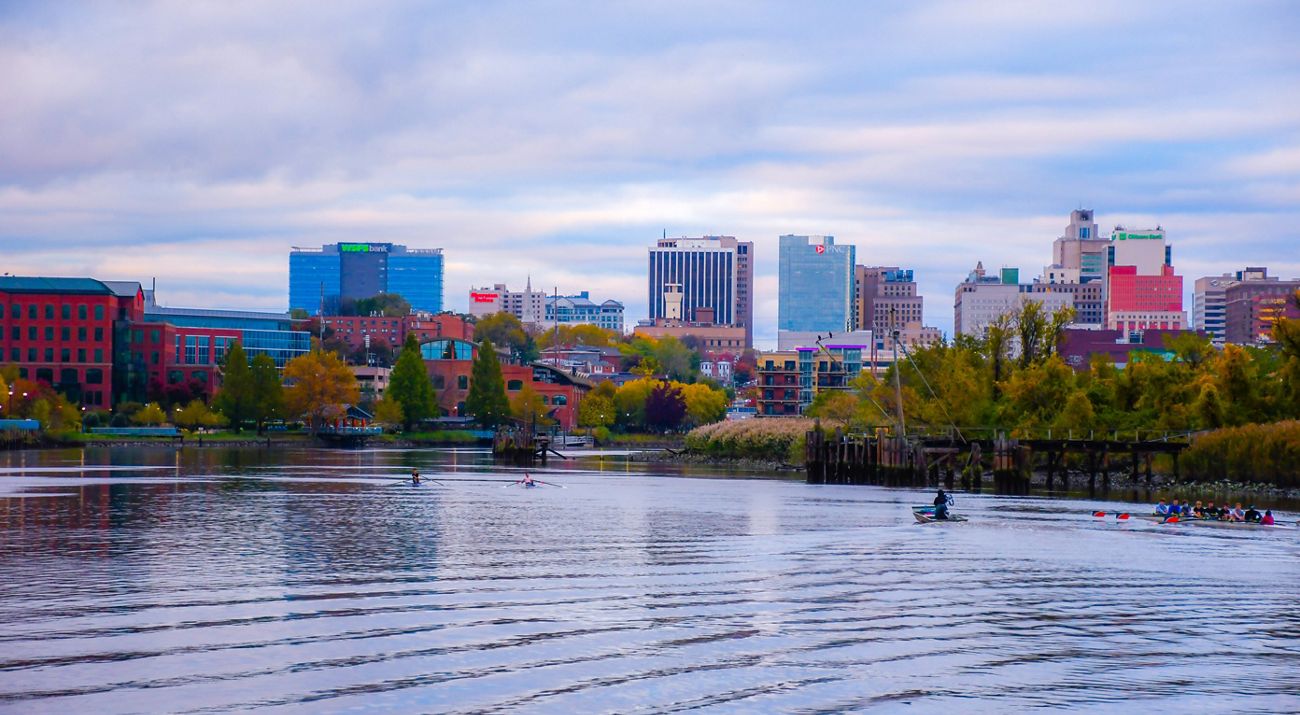
The Nature Conservancy has established a global cities program and a network of 21 urban conservation programs in the U.S. with the goal of changing the relationship between cities and nature. We know using natural solutions to address many of the challenges facing urban areas can create more livable communities and a world where people and nature thrive together.
In Wilmington, our strategies include promoting nature-based solutions to address a wide variety of social and environmental challenges and demonstrating the efficacy of our projects through sound research and evaluation. Our Stream Stewards program inspired the next generation of environmental stewards and engaged residents in community science research to improve water quality and the health of urban forests. Finally, we are working with the City and community partners to develop policies that tackle the challenge of making Wilmington a more sustainable place to live.
Southbridge Wilmington Wetlands Park
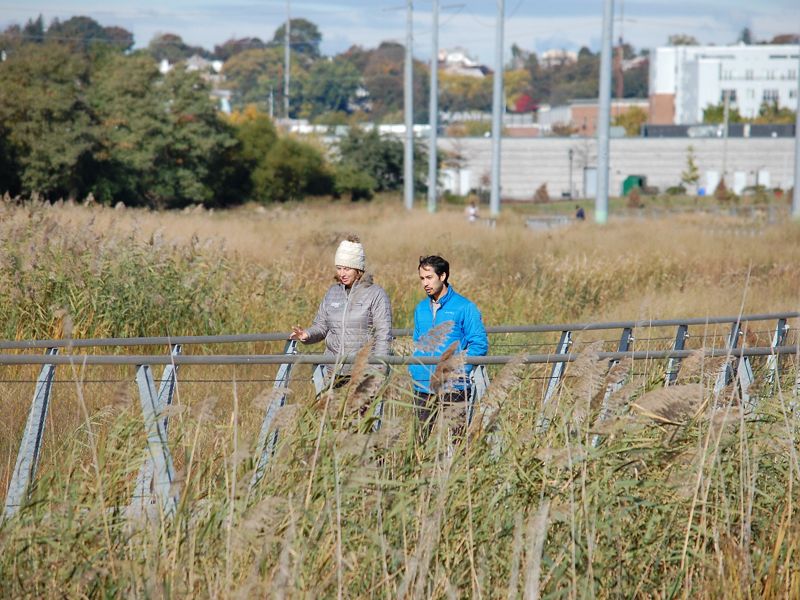
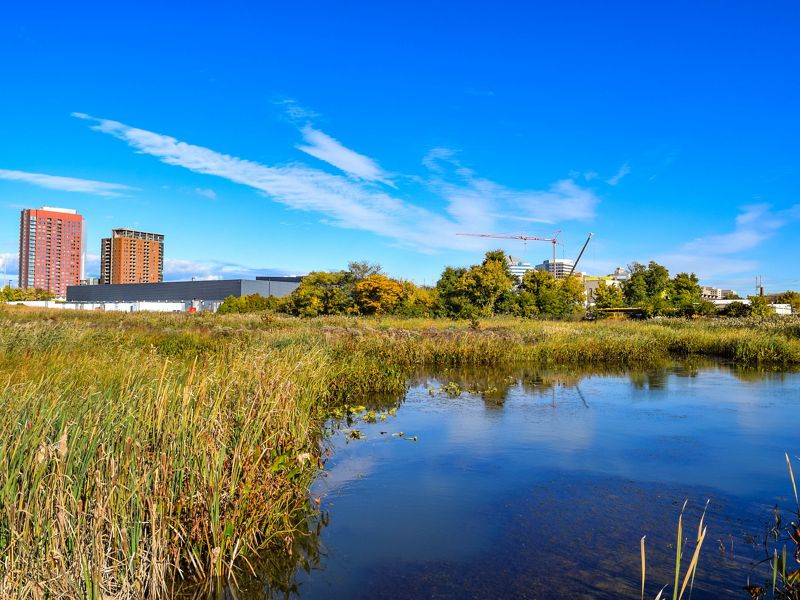
For decades, during nearly every major storm event, residents of the Southbridge neighborhood in Wilmington would find their streets and sidewalks flooded with nearly 2.1 million gallons of raw sewage and stormwater. Situated within a tidal floodplain of the Christina River, Southbridge has experienced chronic flooding, intensified by sea-level rise.
Since the early 2000s, the residents of Southbridge have been advocating for solutions through the Southbridge Civic Association. In 2014, the community’s decades-long efforts paid off with the city’s approval of the Southbridge Wetlands Park project. Completed in 2022, the project has reengineered the neighborhood’s aged plumbing to separate 36 acres of combined storm and sanitary sewers.
Once the sewer is separated, the storm sewer overflow will run into an engineered wetland, where it will supply water for a nearly 30-acre “wetland park.” TNC has supported the project for many years, providing critical funding to backstop the city's acquisition of a final parcel, which expanded the project footprint from 17 to 27 acres.
This award-winning community park includes a range of natural habitats, from freshwater tidal marsh to shrub meadows and upland forests. A boardwalk traverses the park to connect Southbridge with the bustling riverfront to the west. This project illustrates how restoring nature in cities can offer healthy natural ecosystems while addressing community challenges such as flooding.
Connecting People & Nature
The Nature Conservancy initiated the Stream Stewards program in partnership with First State National Historical Park (FRST) and Stroud Water Research Center to train a dedicated corps of volunteers who conduct water quality monitoring, assist with public education at events in the park, and act as advocates for clean water in their communities. Since its start in 2016, Stream Stewards has grown into a sustainable watershed stewardship program that provides a model for accomplishing the goals of community science, youth engagement and public education by providing opportunities for people to learn about and engage with their local waterways.
The program is now fully managed by staff at First State National Historical Park (FRST) in the park’s Brandywine Valley unit in Wilmington. The streams in the park that feed into Brandywine Creek provide an ideal learning environment for volunteers of all ages to gain an understanding of stream ecology and the importance of watershed protection. By engaging in water quality data collection, Stream Stewards participants contribute to science-based conservation to benefit people and nature in northern Delaware.
Download
A guide to watershed stewardship through community science and youth engagement.
DownloadLooking Ahead: Planning a Greener, More Sustainable Future
For decades, cities across the country have been experimenting with solutions to address issues like stormwater flooding, excessive heat, and adverse health outcomes.
Sharing experiences, lessons, science and best practices both locally and globally is what sets TNC apart. Now that TNC's conservation efforts in Wilmington and Philadelphia are being integrated into one program, TNC stands to have a more regional conservation impact, embedding both cities into the broader landscape of the lower Delaware River.
Stay in Touch with Nature Across Delaware
From cities to coastlines, get the latest on Delaware nature news.
